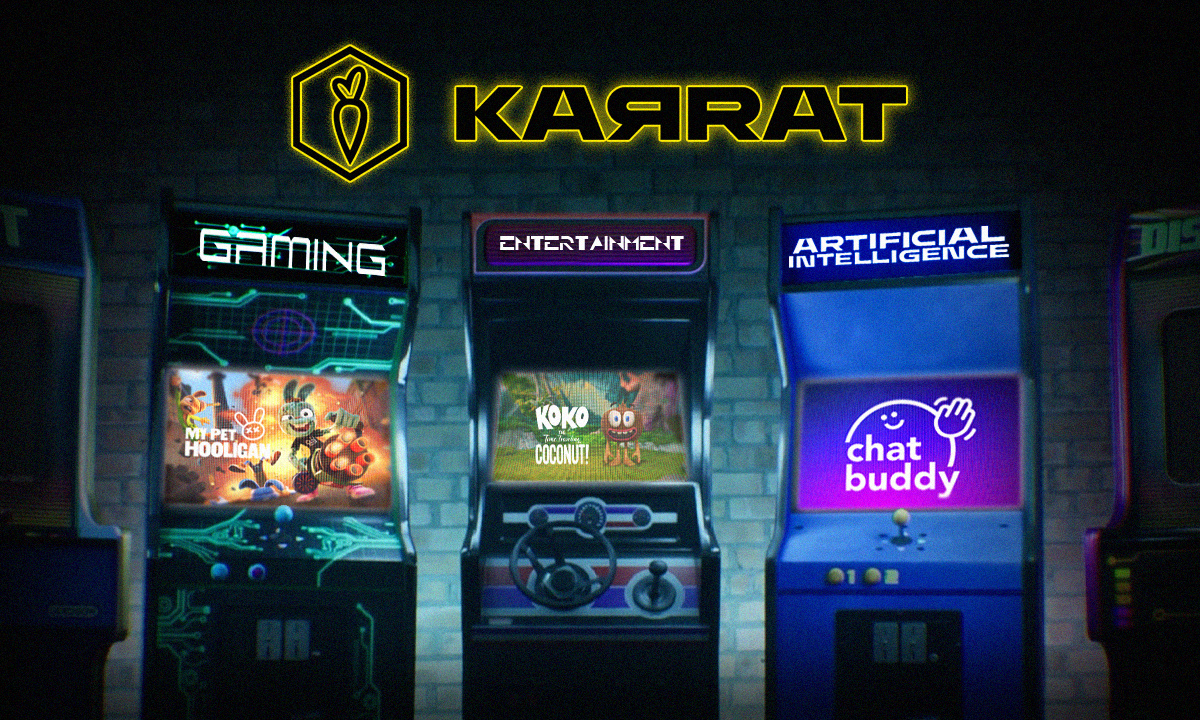By: Mickael Azoulay, CEO of Generic
College courses used to consist of the classics, such as classes related to science, fine arts, business, and engineering. As we are now fully submerged in the digital age, with technology as our primary lifeline, educational institutions and occupations have adapted to offer more tech-inspired opportunities. College campuses across America have expanded their curricula to include a wide array of subject areas, including coding and robotics, the iconic age of the selfie, the sociology of Miley Cyrus, and, of course, crypto and blockchain.
As crypto’s 10th birthday party has come and gone, despite last year’s crippling winter, a now strong comeback has proven that the industry is here to stay. Our world is moving toward the digitization of everything, and it’s predicted that blockchain and crypto will be a vital part of this progression. For this reason, there is a rise of crypto and blockchain education in order to support jobs for the future. College students, and even those who are around the same age as crypto itself, will have the opportunity to expand their knowledge of the industry and prepare for a promising career in the technological space.
The rise of crypto and blockchain education
Crypto and blockchain education is officially on the rise, and its recent success has been facilitated by university and college institutions around the world. As of now, 42% of the world’s top universities and colleges offer at least one course in crypto or blockchain studies. Students within these institutions come from a range of majors and are interested in learning where the future of the world is heading, by incorporating crypto and blockchain into their own departments. This progression towards mainstream crypto adoption is moving faster than anticipated, and crypto experts state, “business schools will have no choice but to update their curriculums for the future.” This trend has prompted business schools and universities alike to race to train students in this specialty that was once seen as lurking in the nerdy shadows of finance and technology.
Credit for crypto
Students now have the opportunity to receive college credit for studies in crypto and blockchain. Johns Hopkins University, for instance, offers a business course related to blockchain, where student registration has skyrocketed lately due to the recent crypto boom. Similarly at Princeton, one of the top universities in the world, many students have begun taking information-security classes centered around cryptocurrencies, blockchain, and related economics, ethics, and legal issues behind their application. The University of Nicosia in Cyprus is offering the world’s first Masters degree in digital currency, where students graduate and either join crypto projects or start their own. These opportunities to receive crypto knowledge for credit have helped students jumpstart their careers with the upperhand in an industry that has not yet gained recognition from the masses, but has caught the attention of many employers.
Blockchain goes to school
Conversely, there are many different applications of blockchain technology that already exist in the education sector. What has become clear is that blockchain and crypto can improve several aspects of the current educational standards, for example in record keeping, tuition payment, libraries, and HR. Right now, LG corp is on a mission to apply blockchain to foster supply-chain transparency for school cafeteria lunches. This will ultimately support the transparency of information in terms of the supply-chain history for the agricultural products and techniques used, information on products related to production, processing, distribution, acquisition, and consumption. Its essentially a blockchain supply chain for ensuring healthy lunches are served in schools. Crypto will eventually become intertwined with many different sectors of our world, but right now it dominates education more than any other major industry outside of crypto itself, with the exception of fintech.
Crypto career path
Blockchain is not going anywhere, as experts claim that “educational institutions need to prepare students for jobs of the future.” Currently there are four major players in the crypto job market: startups, legacies, tech companies, and government agencies. However, with mass adoption on the rise and companies trying to get in on the latest technologies, crypto careers are now attracting non-techies, as blockchain application is infiltrating more creative and niche industries, like media where dedicated blockchain advertising agencies, PR firms, and media outlets are popping up across the globe. As well, Youtube vloggers like Ameer Rosic, Ivan on Tech and Crypto are the first of a new breed of crypto journalists.
We need to start helping students prepare for the jobs of the future, and not just the same old medical, law and engineering careers society has become accustomed to. Integrating cryptocurrencies into the classroom both in terms of education and in the efficiency of existing institutions is vital for the future of education.
About:
Lead by experienced fund manager Mickael Azoulay, Generic was founded in late 2017 and serves as an online exchange platform available to all. The platform allows people to access the most profitable financial markets in a simple and transparent manner.
Investment Disclaimer









